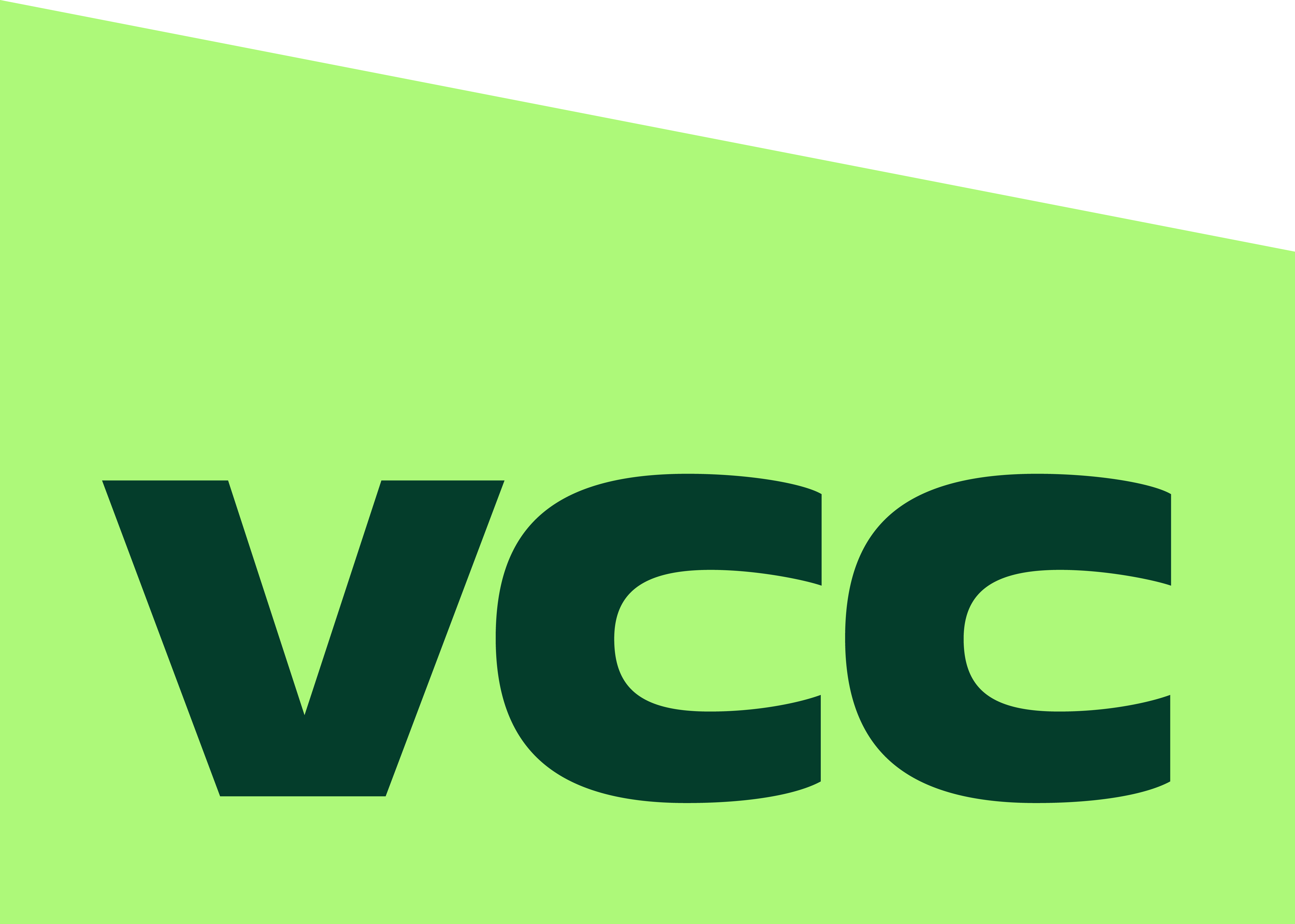Emily Simpson, Centre for Teaching, Learning & Research
VCC released its Generative AI in Teaching and Learning guidelines this September to help instructors navigate using AI tools ethically and effectively in their work, while seeking to minimize the risks in these tools. The guidelines highlight the connection of this work to VCC’s core values:
- Student Success: Preparing students with AI literacy skills for future education and workplace needs.
- Excellence: Exploring innovative ways to enhance teaching and learning while centering critical thinking, relationships, and accountability for output.
- Reconciliation and Diversity: Addressing potential biases and cultural appropriation risks, recognizing the importance of Indigenous data sovereignty, while leveraging AI to enhance accessibility for diverse learners.
- Stewardship: Considering environmental impacts and sustainable development of AI tools.
Similar to many other institutional GenAI guidelines, the VCC guidelines include core principles; considerations around academic integrity, security and privacy, copyright and intellectual property, risks and benefits of these tools; and guidance on use in teaching and learning. The VCC guidelines are available as an OER under CC license.
The working group that created the guidelines was sponsored by VP Academic Innovation, Tannis Morgan, and included David Kirk (Dean, Curriculum and Pedagogy), representatives from the Centre for Teaching, Learning and Research (CTLR), the VCC Faculty Association, the Learning Centre Coordinator, the Copyright Librarian, the Privacy and Security Coordinator, and department leaders from various academic areas. The draft guidelines were created over 5 months of discussion, then brought to Education Council, Education Quality Committee, and our Leaders group for discussion and feedback
VCC recognizes the guidelines will continue to evolve with AI technology and its educational and societal implications. CTLR is currently seeking to evaluate the impact of these guidelines through department conversations and instructor surveys that will take place this year and again in fall 2025. CTLR has been actively providing a variety of workshops to support instructors with building AI literacy and applying it in teaching practice, and also has a resource page. Please reach out to us at iasupport@vcc.ca if you’d like to connect about this work.
VCC gratefully acknowledges the leadership and wisdom of Kwantlen Polytechnic University’s “Generative AI: An Overview for Teaching and Learning,” McMaster University’s work on Generative AI in Teaching and Learning, and the University of British Columbia’s Draft Principles and Guidelines for Generative AI use in inspiring and informing the VCC guidelines.
The author used Claude to generate a first draft using our guidelines as a source document (original text), and then significantly revised and accuracy-checked the text.
